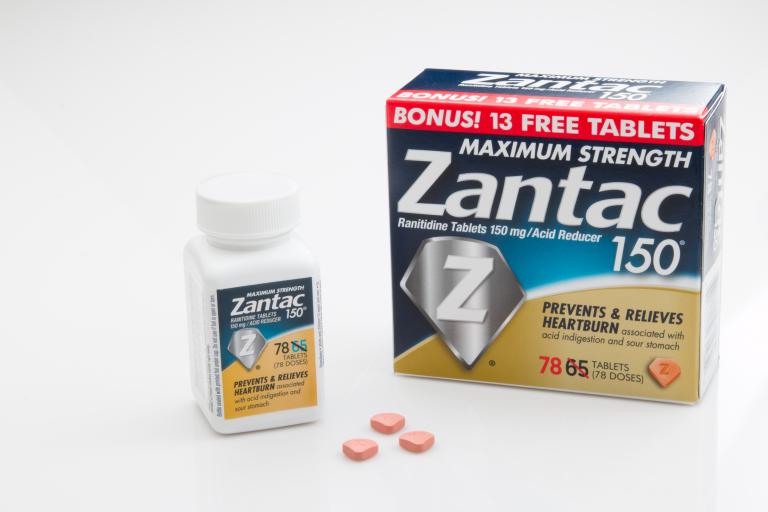Zantac Recall: A Guide for Those Who Once Relied on It
Zantac, once a widely used medication for heartburn and stomach ulcers, was pulled from shelves in 2020 due to concerns about the presence of a potential carcinogen, N-Nitrosodimethylamine (NDMA). If you used Zantac (ranitidine) in the past, you might have questions and anxieties. This comprehensive guide explores the situation, potential health risks, and recommended actions for former Zantac users.
Understanding the Zantac Recall
In 2019, the FDA (U.S. Food and Drug Administration) began investigating the presence of NDMA in Zantac and other ranitidine medications. NDMA is classified as a probable human carcinogen, meaning it has the potential to cause cancer in humans, though the exact level of risk is still being studied.
Subsequently, in April 2020, major manufacturers voluntarily recalled all ranitidine medications from the market. The FDA continues to monitor the situation and update its recommendations.
Potential Health Risks for Former Zantac Users
While the exact risk associated with Zantac use is still under investigation, some factors can influence potential health concerns:
- Duration and Dosage: The longer you took Zantac and the higher the dosage, the greater the potential exposure to NDMA.
- Individual Factors: Age, overall health, and genetic predisposition can also play a role in how NDMA might affect the body.
It’s important to note that:
- There is no definitive evidence that Zantac use directly caused cancer in humans.
- The levels of NDMA detected in Zantac were generally low compared to other sources of exposure, such as some processed meats and water.
Recommended Actions for Former Zantac Users
Here’s what you can do to stay informed and take proactive steps:
- Consult Your Doctor: Discuss your past Zantac use with your doctor. They can assess your individual risk factors and provide personalized guidance.
- Maintain a Healthy Lifestyle: Regardless of past medication use, focusing on a healthy lifestyle with a balanced diet, regular exercise, and managing stress can contribute to overall well-being.
- Monitor for Symptoms: While there are no specific symptoms linked solely to past Zantac use, be aware of any persistent digestive issues, unusual weight loss, or changes in bowel habits. If you experience any concerning symptoms, consult your doctor promptly.
It’s not recommended to:
- Panic or jump to conclusions.
- Seek unnecessary medical testing unless advised by your doctor.
Alternatives for Heartburn and Stomach Ulcers
Several safe and effective alternatives are available for managing heartburn and stomach ulcers:
- H2 Blockers: Medications like famotidine (Pepcid) and cimetidine (Tagamet) work similarly to Zantac but without the NDMA concerns.
- Proton Pump Inhibitors (PPIs): These medications, like omeprazole (Prilosec) and esomeprazole (Nexium), are highly effective in reducing stomach acid production.
- Lifestyle Modifications: Dietary changes, managing stress, and maintaining a healthy weight can significantly improve heartburn symptoms.
Discuss these options with your doctor to determine the most suitable treatment plan for your individual needs.
Legal Considerations for Former Zantac Users
Lawsuits have been filed against manufacturers of Zantac. If you used Zantac and believe you may have been harmed, it’s advisable to consult with an attorney specializing in mass tort litigation. They can advise you of your legal rights and options.
Here are some factors to consider when contemplating legal action:
- The severity of your health issues (if any) potentially linked to Zantac use.
- The duration and dosage of your Zantac use.
- The specific legal landscape surrounding Zantac litigation, which can evolve over time.
An attorney can help you navigate the complexities of the legal process and determine if pursuing legal action is the right course for you.
Conclusion: Moving Forward with Information and Action
While the Zantac recall raises concerns, knowledge is empowering. By understanding the situation, potential risks, and recommended actions, you can make informed decisions about your health and well-being. If you have questions or anxieties, consulting your doctor is the first step. Remember, there are safe and effective alternatives for managing heartburn and stomach ulcers. For those considering legal action, consulting with an attorney can provide clarity on their options.

